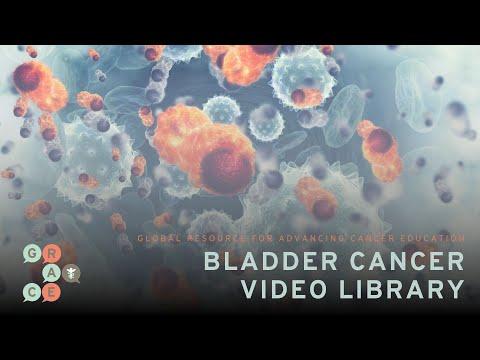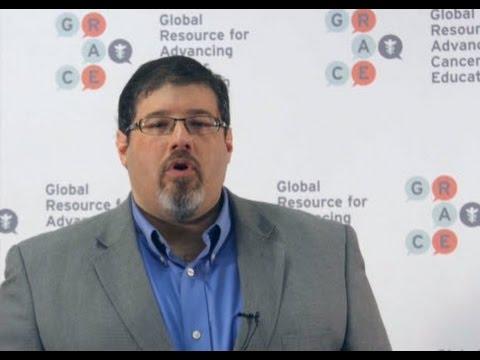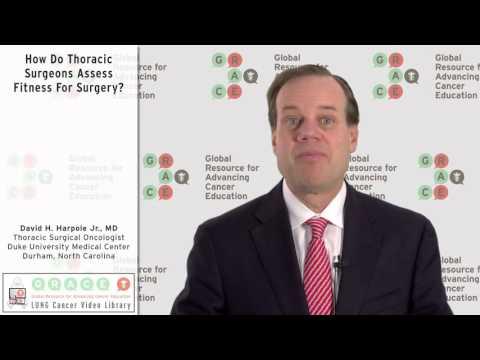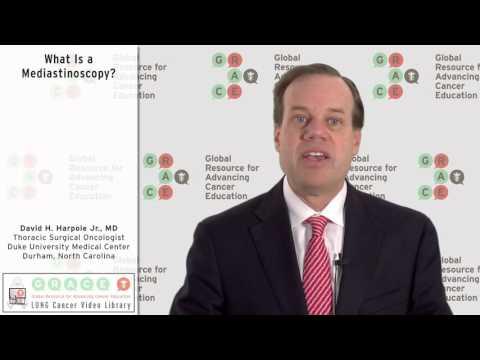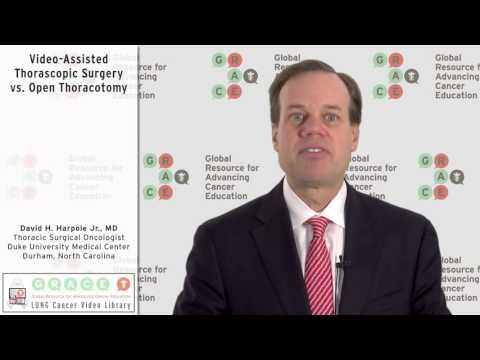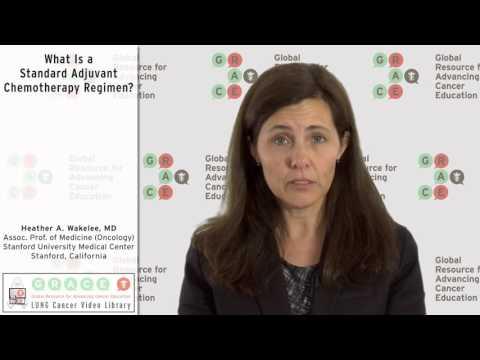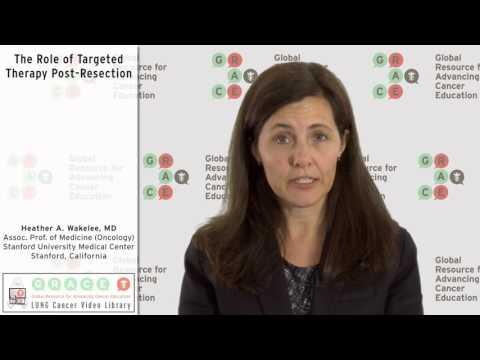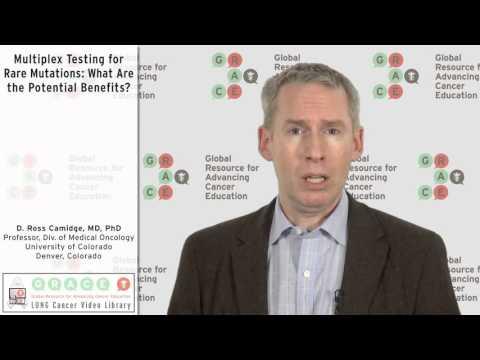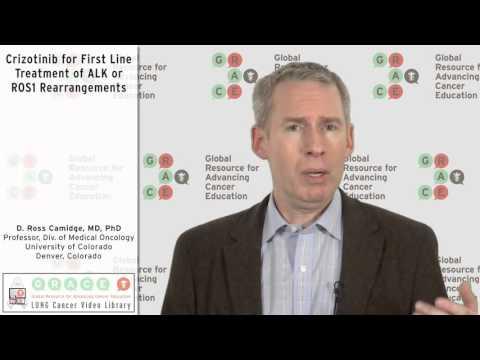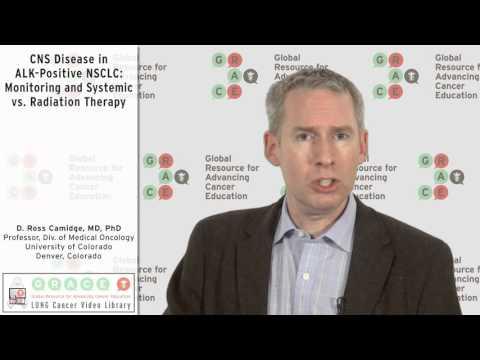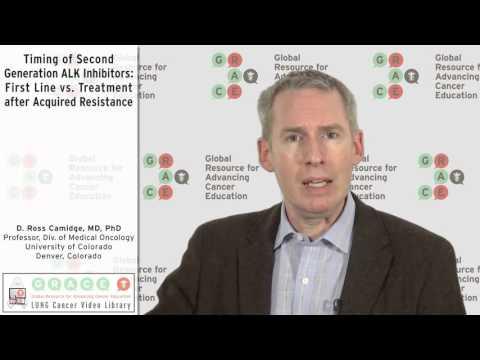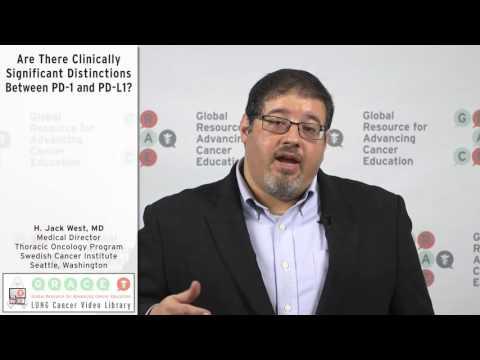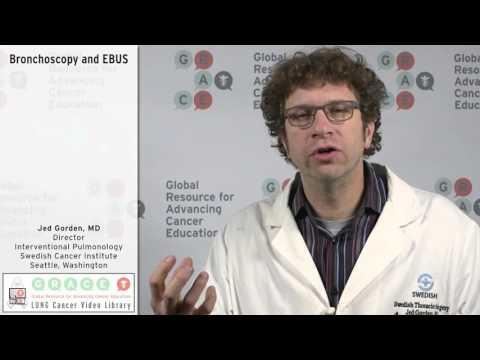We are excited to bring new and updated information to share through our Bladder Cancer Video Library. For this video series, we are pleased to work with Dr. Shilpa Gupta, Director of the Genitourinary Medical Oncology at TCI and Co-Leader of the Genitourinary Oncology Program at Cleveland Clinic
Video Library
Search the Video Library
Video Language
Filter by Cancer Type:
Displaying Results 16 - 30 of 170
Dr. Jack West, medical oncologist/lung cancer specialist, describes special management considerations for indolent lung cancers that may not require treatment or are at risk for “over-treatment.”
Dr. David Harpole, Duke University Medical Center, describes how he assists patients with the surgical decision-making process.
Dr. David Harpole, Duke University Medical Center, details the methods thoracic surgeons use to assess a patient's fitness for surgery.
Dr. David Harpole, Duke University Medical Center, describes the mediastinoscopy and its use in lung cancer staging.
Transcript Historically, lung cancer has been treated with a large incision between the ribs, and in the early-mid ‘90s we began to investigate uses of the laparoscope, which was used to do gallbladders and so forth, in the chest. So we began using the devices to do more limited resections with this
Dr. Heather Wakelee, Stanford University Medical Center, lists standard adjuvant chemotherapy regimens, comparing their administration and uses.
Dr. Heather Wakelee, Stanford University Medical Center, evaluates the lack of evidence for the use of targeted therapies after surgery, and describes ongoing trials attempting to resolve that issue.
Transcript More and more, when people are doing molecular testing on their tumor, they’re not just getting one test and if it’s negative doing another test — that’s called sequential testing, they’re doing lots of tests at the same time — that’s called multiplex testing. There are certain good
Dr. Ross Camidge, University of Colorado, explains the preference for crizotinib rather than platinum doublet chemotherapy as first line treatment for patients with ALK or ROS1 rearrangements.
Dr. Ross Camidge, University of Colorado, discusses management of CNS progression for ALK-positive NSCLC including monitoring frequency and preferences between systemic and radiation therapy.
Dr. Ross Camidge, University of Colorado, addresses the question of whether to use a second generation ALK inhibitor as first line therapy or only after acquired resistance to crizotinib.
Dr. Jack West, Swedish Cancer Institute, compares the mechanism of action, efficacy and toxicity of PD-1 and PD-L1 inhibitors.
Dr. Jed Gorden, Swedish Cancer Institute, describes the differences between bronchoscopy and endobronchial ultrasound, highlighting the advantages of EBUS in diagnosis and staging.
UCLA Med Center's Dr. Eddie Garon discusses the open question of the optimal duration of ongoing treatment with immunotherapy for lung cancer.

